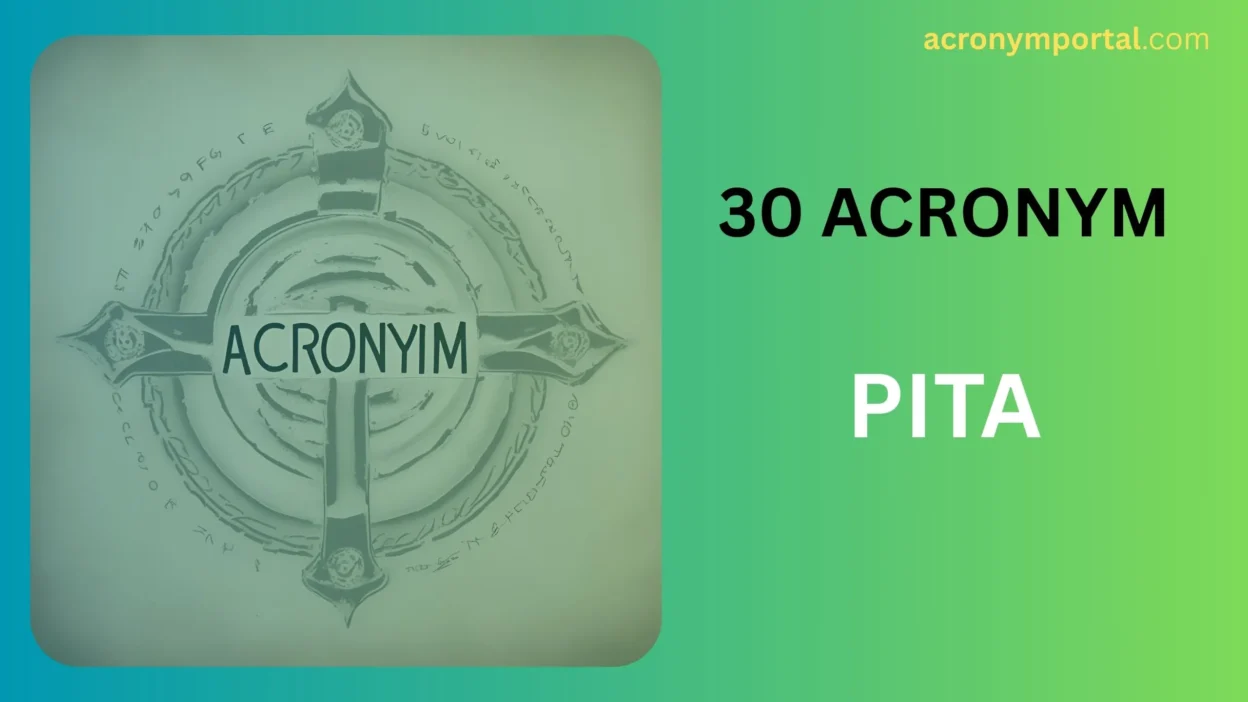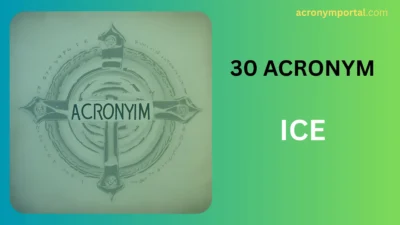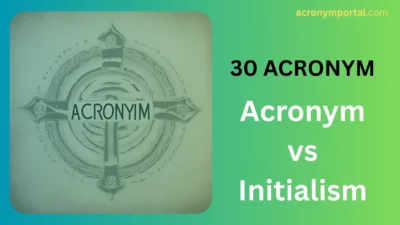You may have heard someone say, “Ugh, he’s such a PITA.” And no, we’re not talking about the bread.
PITA stands for:
👉 Pain In The A**
It’s a slangy, humorous way of describing someone or something that’s annoying, frustrating, inconvenient, or difficult to deal with. Think of the overly picky customer, the endless paperwork, the micromanaging boss, or even a squeaky chair in a quiet room—PITA moments are everywhere.
This acronym has attitude. It’s casual, sarcastic, and laced with mild irritation—but it’s also kind of funny. If you want to express the same sentiment without always saying “PITA,” here are 30 great alternatives, each with a quick explanation, a sample sentence, and guidance on when to use them.
😤 30 Alternatives to the “PITA Acronym” Personality
1. Annoying
Meaning: Irritating or bothersome.
Example: That buzzing sound is so annoying.
When to use: Most general, family-friendly version of PITA.
2. Irritating
Meaning: Slightly stronger than “annoying.”
Example: His constant tapping was irritating.
When to use: When you want to sound more serious or formal.
3. Frustrating
Meaning: Causes stress or confusion.
Example: Dealing with the new system is frustrating.
When to use: For processes or people who waste your time.
4. Tedious
Meaning: Repetitive and boring.
Example: Filling out these forms is tedious.
When to use: For time-consuming or dull tasks.
5. Overbearing
Meaning: Dominating or controlling in a pushy way.
Example: His overbearing attitude ruined the meeting.
When to use: When someone is too controlling.
6. Demanding
Meaning: Requires too much time or energy.
Example: She’s a demanding boss.
When to use: For people who are hard to please.
7. Needy
Meaning: Constantly wants attention or help.
Example: He’s too needy in relationships.
When to use: For emotionally or socially exhausting people.
8. Fussy
Meaning: Hard to satisfy; overly picky.
Example: The baby is being fussy again.
When to use: Light tone, often used for kids or pets.
9. Nitpicky
Meaning: Obsessed with small details.
Example: Her nitpicky comments slowed us down.
When to use: When someone micromanages.
10. Exasperating
Meaning: Makes you feel drained or hopeless.
Example: Trying to fix this printer is exasperating.
When to use: For people/things that test your patience.
11. Troublesome
Meaning: Causes consistent problems.
Example: He’s a troublesome student.
When to use: More formal; good for documents or reports.
12. Aggravating
Meaning: Slightly stronger than “irritating.”
Example: That alarm is aggravating.
When to use: Emotionally charged frustration.
13. Clingy
Meaning: Always around; won’t give space.
Example: She’s being clingy lately.
When to use: Friendships or relationships.
14. Inconvenient
Meaning: Poor timing; not helpful.
Example: This delay is really inconvenient.
When to use: Neutral tone; polite way to say PITA.
15. Demanding
Meaning: High maintenance or difficult.
Example: She’s demanding and hard to work with.
When to use: For coworkers, family, or clients.
16. Complicated
Meaning: Unnecessarily difficult.
Example: Why is this login process so complicated?
When to use: For systems or processes that cause stress.
17. Overcomplicated
Meaning: Made harder than necessary.
Example: This is an overcomplicated solution.
When to use: To suggest something could be simpler.
18. Pushy
Meaning: Pressures others excessively.
Example: The sales rep was too pushy.
When to use: For unwanted persuasion.
19. Nagging
Meaning: Constant complaining or reminding.
Example: Stop with the nagging already!
When to use: Casual, often used in relationships.
20. Bossy
Meaning: Likes to give orders.
Example: My coworker is super bossy.
When to use: Informal; often describes power imbalances.
21. Micromanaging
Meaning: Controls every little detail.
Example: My manager keeps micromanaging me.
When to use: Workplace-specific PITA trait.
22. Overreactive
Meaning: Blows everything out of proportion.
Example: He’s overreactive about tiny issues.
When to use: People who escalate minor things.
23. Obnoxious
Meaning: Loud and unpleasant.
Example: His obnoxious laugh filled the room.
When to use: For behavior that draws unwanted attention.
24. Grating
Meaning: Emotionally abrasive or jarring.
Example: Her voice is a bit grating.
When to use: Sensory annoyances (voice, sounds, tone).
25. Overdramatic
Meaning: Makes everything a big deal.
Example: She’s being overdramatic again.
When to use: Light-hearted tone; works well in conversation.
26. Overly Critical
Meaning: Constantly finding faults.
Example: He’s overly critical of everything I do.
When to use: Work, school, or relationships.
27. Inflexible
Meaning: Won’t compromise.
Example: The policy is inflexible.
When to use: Formal contexts, like rules or systems.
28. High-maintenance
Meaning: Needs a lot of effort or attention.
Example: That project is high-maintenance.
When to use: Slangy, often used for people or tasks.
29. Extra (slang)
Meaning: Over-the-top, dramatic, or too much.
Example: She’s being way too extra today.
When to use: Gen Z / social media tone.
30. Pain
Meaning: Short version of “pain in the neck.”
Example: That guy is such a pain.
When to use: Family-friendly but still classic PITA tone.
🎯 How to Choose the Right PITA Word
- Tone: Want to sound polite? Go with “inconvenient” or “complicated.” Want attitude? Use “obnoxious” or “nagging.”
- Setting: “Micromanaging” and “inflexible” fit workplace frustrations. “Clingy” and “bossy” are better for personal life.
- Humor vs. seriousness: “Fussy” and “extra” are playful. “Overbearing” and “demanding” are more intense.
- Energy level: “Annoying” is low-key; “exasperating” is full meltdown.
🤯 Final Thoughts
We all run into PITAs—from your inbox to your in-laws. Whether you’re ranting to a friend, writing a snarky blog post, or describing a fictional character, the right word helps you vent with precision.
So next time you’re about to drop a “PITA,” pause and ask:
👉 Is this person just fussy, or are they straight-up exasperating?
Master that nuance, and you’ll never run out of ways to politely call someone difficult.




